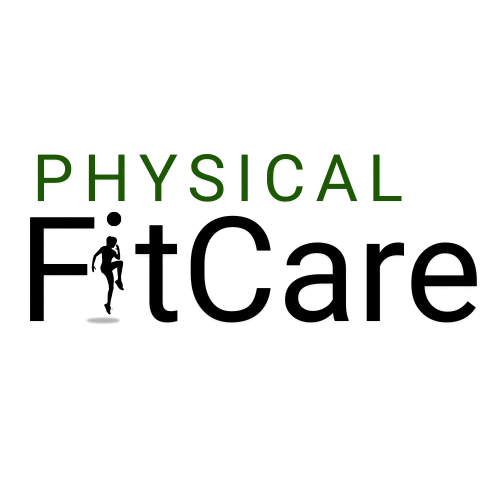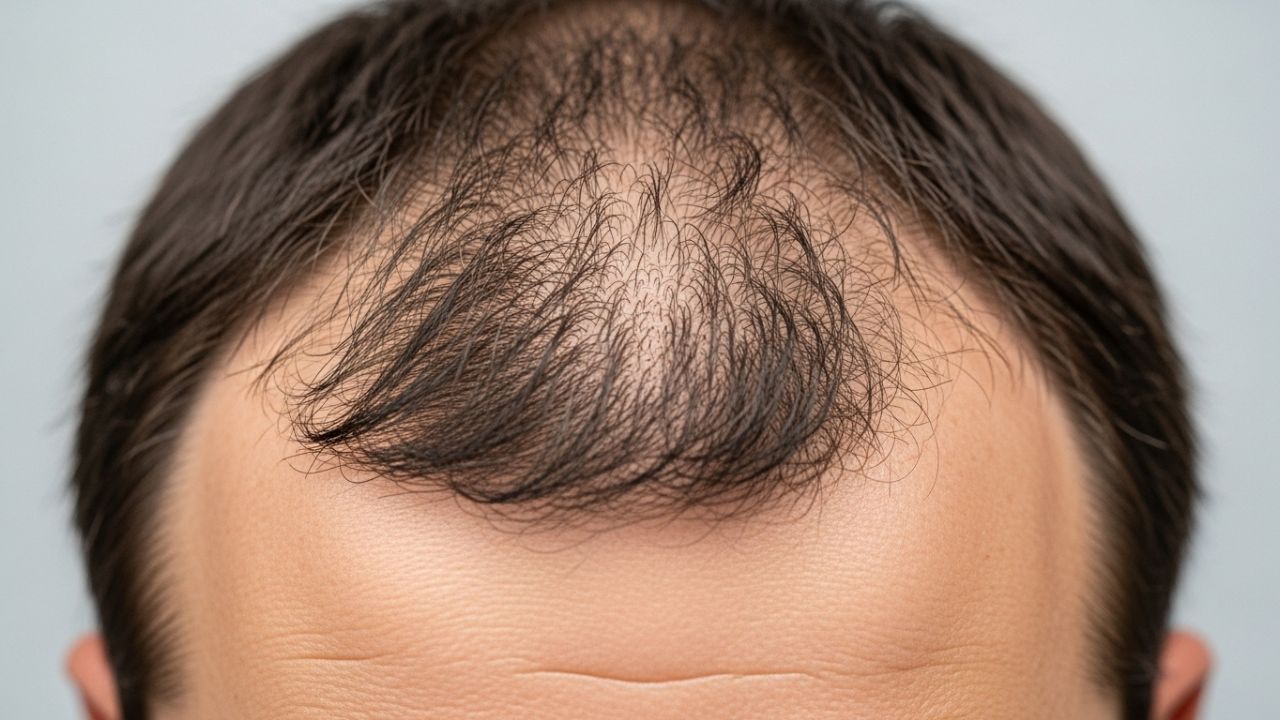Hair Thinning: Causes, Treatment, Vitamins & More
Hair thinning is a growing concern among both men and women today. Thinning hair doesn’t just affect your appearance; it can also impact your confidence and emotional well-being. Many people wonder about hair thinning causes, the best hair thinning treatment, and how to promote hair thinning regrowth effectively. This detailed guide will explain everything you need to know, including hair thinning causes in men and women, effective remedies, and the best vitamins for hair regrowth.
What is Hair Thinning?
Hair thinning refers to the gradual reduction in the density and volume of hair over time. It is not always about bald patches; instead, the hair becomes finer, weaker, and sparse. Unlike complete baldness, hair thinning can often be reversed or slowed down with proper care, hair thinning treatment, and lifestyle modifications.
Common Hair Thinning Causes
Understanding the root causes is the first step toward finding the right hair thinning treatment. Below are the most common hair thinning causes in both genders.
1. Hair Thinning Causes in Men
- Genetic factors (Male Pattern Baldness) – The most common reason for hair thinning in men is hereditary. Male pattern baldness is influenced by hormones called androgens.
- Stress and lifestyle habits – High stress, smoking, and poor sleep affect hair health.
- Hormonal imbalance – Testosterone and DHT (Dihydrotestosterone) sensitivity can shrink hair follicles.
- Poor diet – Lack of proteins, iron, and vitamins essential for hair regrowth.
2. Hair Thinning Causes in Women
- Hormonal fluctuations – Menopause, pregnancy, and PCOS often cause thinning hair in women.
- Postpartum hair loss – Many women experience shedding after childbirth due to hormone changes.
- Nutrient deficiencies – Low iron, zinc, or vitamin D levels affect hair health.
- Hairstyling habits – Tight hairstyles, chemical treatments, and frequent heat styling damage hair.
Additional Factors Behind Hair Thinning
- Thyroid disorders – Both hypothyroidism and hyperthyroidism can lead to hair thinning.
- Medications – Certain drugs like blood thinners, antidepressants, or chemotherapy can trigger hair loss.
- Aging – Natural aging causes hair follicles to shrink, reducing hair density.
- Autoimmune conditions – Alopecia areata is an autoimmune condition causing patchy hair loss.
Hair Thinning Treatment Options
The good news is that most types of hair thinning can be managed with proper hair thinning treatment. Here are the most effective approaches:
1. Topical Treatments
- Minoxidil (2%–5%) – A widely used, FDA-approved topical solution that promotes hair thinning regrowth.
- Hair growth serums – Contain peptides, biotin, and plant extracts to stimulate follicles.
2. Oral Medications
- Finasteride (for men) – Helps reduce DHT levels to prevent further thinning.
- Anti-androgen medications (for women) – Used in cases of hormonal imbalance.
3. Hair Transplant
- Follicular Unit Extraction (FUE) or Follicular Unit Transplantation (FUT) helps restore dense hair permanently.
4. Laser Hair Therapy
- Low-level laser light therapy improves blood flow to the scalp, aiding hair regrowth.
5. Natural Remedies
- Scalp massage – Improves circulation for better follicle health.
- Onion juice, aloe vera, rosemary oil – Popular natural solutions for hair thinning regrowth.
Vitamins and Nutrients for Hair Thinning Regrowth
Diet plays a crucial role in managing hair thinning causes and boosting hair regrowth naturally.
Key Vitamins & Nutrients
- Biotin (Vitamin B7) – Promotes hair growth and strengthens follicles.
- Vitamin D – Deficiency is linked to hair thinning in men and women.
- Iron – Essential for proper oxygen supply to hair roots.
- Zinc – Helps repair damaged hair follicles.
- Omega-3 fatty acids – Nourish the scalp and reduce inflammation.
- Protein – Hair is made of keratin, a protein; lack of protein slows hair thinning regrowth.
Lifestyle Changes for Hair Thinning Treatment
Apart from medical treatments, certain lifestyle adjustments can enhance hair regrowth:
- Healthy Diet – Include leafy greens, nuts, eggs, fish, and whole grains.
- Regular Scalp Care – Keep your scalp clean to prevent clogged follicles.
- Stress Management – Practice yoga, meditation, or exercise.
- Avoid Excessive Styling – Limit chemical treatments and heat exposure.
- Hydration – Drink enough water for scalp health.
How to Promote Hair Thinning Regrowth at Home?
- Use mild shampoos – Sulfate-free shampoos help reduce damage.
- Essential oils – Mix rosemary or peppermint oil with carrier oils.
- Microneedling – Stimulates hair follicles (should be done by professionals).
- Balanced diet – Regular intake of vitamin-rich foods for natural hair regrowth.
Hair Thinning Causes Men vs. Women – What’s Different?
- Men are more likely to have pattern baldness due to genetic factors.
- Women often experience diffuse thinning rather than bald spots.
- Hormonal shifts (like menopause or pregnancy) are major hair thinning causes in women, while DHT sensitivity dominates in men.
Can Hair Thinning Be Reversed?
Yes, depending on the cause. Hair thinning treatment started early has higher chances of success. If the follicles are still active, hair thinning regrowth is possible with proper care, medication, and nutrition.
When to See a Doctor?
- If you notice sudden or patchy hair loss.
- Excessive shedding after illness or surgery.
- Persistent scalp itching or inflammation.
- Family history of baldness combined with rapid thinning.
Hair thinning can feel overwhelming, but with early intervention, proper hair thinning treatment, and the right vitamins, you can support hair regrowth naturally or with medical help. Whether it’s hair thinning causes men or hair thinning causes women, identifying the root cause is key. Combine a nutrient-rich diet, stress management, and professional advice for the best results.
Frequently Asked Questions
The most common hair thinning causes include genetics, hormonal changes, nutrient deficiencies, stress, and certain medications. In men, DHT sensitivity often leads to pattern baldness, while women may experience thinning due to menopause, pregnancy, or PCOS.
Yes, hair thinning causes men include male pattern baldness and DHT-related hair loss, while hair thinning causes women are often linked to hormonal fluctuations, postpartum shedding, or nutritional deficiencies.
In many cases, yes. Early hair thinning treatment with a nutrient-rich diet, proper scalp care, and essential vitamins like biotin, iron, and vitamin D can help promote hair thinning regrowth naturally.
Key vitamins for hair regrowth include biotin (B7), vitamin D, iron, zinc, and omega-3 fatty acids. These nutrients strengthen hair follicles and improve scalp health.
Results vary, but most people notice improvement in hair thinning regrowth after 3–6 months of consistent treatment using topical solutions, oral supplements, or natural remedies.

